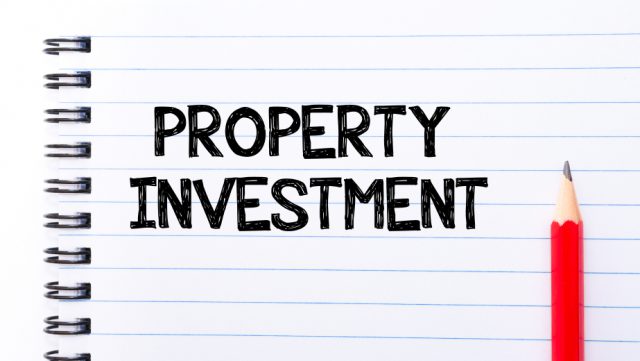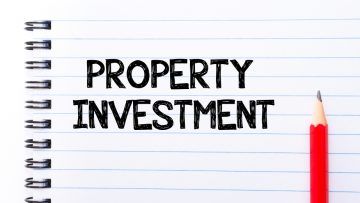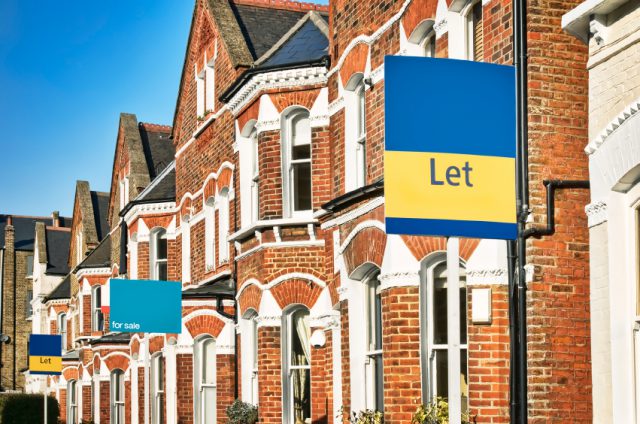The Government is Not Trying to Kill Off Buy-to-Let, Says Housing Minister
The Government is not trying to kill off investment in the buy-to-let sector, insists the Housing Minister, Brandon Lewis.
Responding to claims from ex-Conservative MP Michael Portillo during the Association of Residential Letting Agents (ARLA) conference, Lewis said that the Government’s intention is to create a more professional private rental sector and eliminate rogue landlords.

The Government is Not Trying to Kill Off Buy-to-Let, Says Housing Minister
Landlords have recently been hit by changes to their finances, notably the 3% Stamp Duty surcharge and the change in the Wear and Tear Allowance.
From April next year, landlords will also see a reduction in the amount of tax relief they can claim on their buy-to-let mortgage interest payments. Finance expert Paul Mahoney, of Nova Financial, explains how these changes will affect landlords’ lettings businesses.
However, Lewis told agents at the conference that the Government is still backing the private rental sector through schemes such as Build to Rent.
He insisted: “Our primary focus is increasing supply and homeownership. Most people – 86% – want to own their own home, but we also want a private rented sector. We want more institutional money and more professionally managed property.
“Buy-to-let is still an area with capital security and revenue returns, so there is still an attractive revenue model.”1
Lewis added that schemes such as Right to Rent would crack down on rogue landlords.
Answering questions from the audience, Lewis also said that he would look into introducing electrical safety rules, similar to those already enforced in Scotland.
He was also interested in measures to make it easier to avoid court proceedings in tenant evictions.
For all of the changes affecting the buy-to-let sector and property market, remember to check your landlord updates at LandlordNews.co.uk and on social media.
1 http://www.propertyindustryeye.com/housing-minister-denies-government-is-trying-to/







